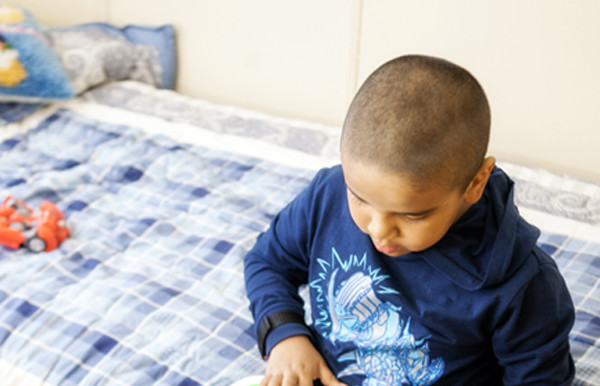There may be certain things that you must have. For example, if you live with your children, you must live in a place that has enough space for everyone. Or, if you have a pet, you will need to be in a place that allows pets. It’s a good idea to make a list of everything you absolutely must have before you start looking for a new place to live, because that way, you’ll avoid wasting time looking at places that don’t meet your needs.
In this article, we focus on figuring out what specific health and disability need you may have. Then, you can compare options for different housing settings and different possibilities within those settings to make sure your needs are met.
What Are Your Disability and Health Needs?
To be accessible, a place, service, or program must be easy to approach, enter, use, or participate in for a person with a disability. If you have a disability, you need to make sure that the place where you live is accessible for you.
Take a look at this list and think about which of these you need:
- Doorways and hallways that a wheelchair can get through comfortably (32 inches or wider)
- An elevator that is accessible for a wheelchair
- An entrance with no steps
- Designated disability parking
- Easily operated door handles (levers or loops)
- Ramps
- Accessible kitchen
- Low kitchen cabinets
- At least one accessible bathroom
- Grab bars near the toilet
- Grab bars near the shower
- Light switches and electrical outlets at accessible height
- Roll in shower
- An automatic entry door for the building
You may need other things to make a place accessible. It all depends on your disability. Make a list of the things your home must have so that you know what to look for when comparing different locations.
Also, remember that if you find a place that is missing something, you may be able to make modifications to it so that it meets your needs. For example, you could add grab bars to make a bathroom more accessible.
If you are not sure what things can help you, you can get advice from others who have similar disabilities to your own by contacting your local independent living center. HB101’s Keeping Your Housing article has information about making accessibility improvements to an existing home.
If you rent a house or apartment in the community that is not accessible for you, your landlord does not have to make accessibility improvements. However, if you are willing to pay for the improvements yourself and they are reasonable, your landlord must let you. HB101’s Keeping Your Housing article talks about how to get help for making accessibility improvements to your own home or apartment.
Think About Services You Need
Besides having accessible housing, you may also need to have people help you with some services. Examples of things you might need help with include:
- Grocery shopping
- Household chores
- Housekeeping
- Laundry
- Meal preparation
- Taking you to medical appointments
- Shopping
- Checking in regularly to make sure you’re doing OK
- Reminders to take medications or do exercises
- On-site staff available 24 hours, 7 days a week for urgent needs
- Shoveling snow
- Bathing
- Dressing
- Eating
- Exercise
- Toileting
- Transferring
- Keeping track of your money (budgeting)
Depending on your situation, you may want to live in a place where these services are available 24 hours a day, or you may be fine with scheduling these services for when you need them. Make a list of the things your home must have, so that you know what to look for when comparing different locations and think about how you would get the services you need in those places.
Later in this article, we discuss programs that can help you pay for these services.




Give Feedback